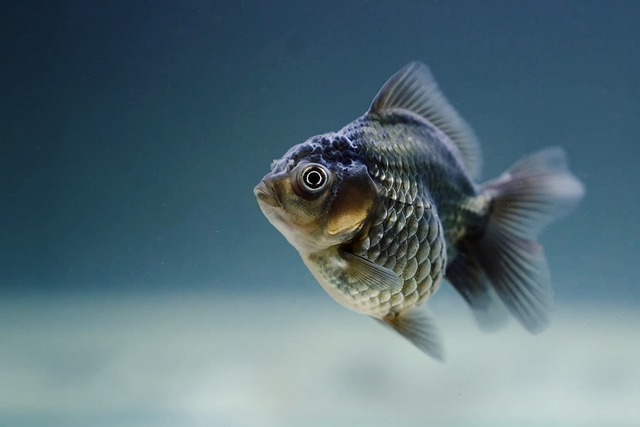As a fish owner, choosing the right food for your aquatic friends can be overwhelming. With so many options available, it’s easy to get confused and make mistakes that can harm your fish’s health. However, with some knowledge and research, you can provide your fish with a balanced and nutritious diet that will keep them thriving. In this article, we’ll explore the different types of fish food, their nutritional value, and how to choose the right one for your specific fish species.
A well-balanced diet is essential for maintaining the overall health and well-being of your fish. A diet that lacks essential nutrients can lead to malnutrition, stunted growth, and even death. On the other hand, a diet that is too rich or contains high levels of toxic substances can cause harm and lead to illness.
The first step in choosing the right food for your fish is to consider their specific needs based on their species, age, and life stage. Different fish have different nutritional requirements, and some may require more specialized diets than others.
Types of Fish Food
There are several types of fish food available in the market, including pellets, flakes, frozen foods, and live foods. Each type has its own unique characteristics and benefits.
- Pellets: These are the most common type of fish food and come in a variety of shapes, sizes, and flavors. They are convenient to use and can be easily mixed with water to create a nutrient-rich diet for your fish.
- Flakes: Flake foods are similar to pellets but have a flaked texture that is easier to digest. They are also more prone to mold growth than pellets, so it’s essential to store them properly.
- Frozen Foods: Frozen foods, such as brine shrimp and bloodworms, provide a concentrated source of protein and other essential nutrients for your fish. They can be added to their diet in moderation to supplement their regular food.
- Live Foods: Live foods, such as earthworms and red worms, are rich in nutrients and can be fed live or frozen. They add variety to your fish’s diet and provide a change of pace from commercial foods.
Nutritional Value
A good fish food should contain a balanced mix of protein, carbohydrates, vitamins, and minerals. The nutritional value of fish food can vary depending on the type and brand, so it’s essential to read the label carefully.
- Protein: Fish require a diet rich in protein to maintain their muscle mass and overall health. Look for foods with high protein content (at least 30% on a dry matter basis).
- Carbohydrates: Carbohydrates provide energy for your fish, so it’s essential to choose a food that contains a moderate amount of carbs (around 10-20% on a dry matter basis).
- Vitamins and Minerals: Vitamins and minerals are essential for maintaining your fish’s overall health. Look for foods that contain a balanced mix of these nutrients.
Choosing the Right Food for Your Fish Species
Different fish species have different nutritional requirements, so it’s essential to choose a food that is specifically formulated for your fish’s needs.
- Cichlids: Cichlids require a diet rich in protein and moderate in carbohydrates. Look for foods with high protein content and avoid foods with high levels of starch.
- Goldfish: Goldfish are omnivores and require a balanced diet that includes both plant-based and animal-based ingredients. Look for foods that contain a mix of these nutrients.
- Corals and Shrimp: Corals and shrimp are carnivorous fish and require a diet rich in protein. Look for foods with high protein content and avoid foods with high levels of starch.
Additional Tips
In addition to choosing the right food for your fish, there are several other tips to keep in mind when feeding your aquatic friends:
- Feed them regularly: Feed your fish twice a day, but make sure to vary their diet to avoid boredom and malnutrition.
- Provide a balanced diet: A well-balanced diet is essential for maintaining the overall health and well-being of your fish. Avoid foods that are too rich or contain high levels of toxic substances.
- Monitor their growth: Monitor your fish’s growth and adjust their diet accordingly. If they’re not growing, it may be a sign that their diet is lacking in essential nutrients.
In conclusion, choosing the right food for your fish can seem overwhelming, but with some knowledge and research, you can provide your aquatic friends with a balanced and nutritious diet that will keep them thriving. Remember to consider their specific needs based on their species, age, and life stage, and choose foods that are rich in protein, moderate in carbohydrates, and contain a balanced mix of vitamins and minerals.
By following these tips and choosing the right food for your fish, you can ensure a happy and healthy aquarium that is full of thriving aquatic friends. Happy aquaring!
Choosing the Right Food for Your Fish
Choosing the Right Food for Your Fish
fish food
Aquarium Food

